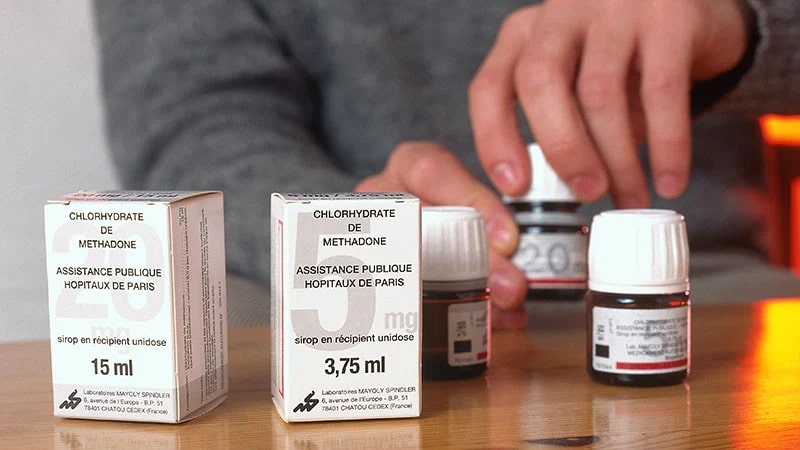In a bold move, Gilead Sciences has decided to inject 250 million dollars into research aimed at developing drugs to target inflammation. This strategic partnership, established with LEO Pharma, paves the way for a new competition in the market, thus consolidating Gilead’s position as a major player in the field of innovative therapies. As research progresses, many players are focusing on key inflammatory targets, reflecting a renewed interest in developing oral treatments tailored to patient needs.
Gilead Sciences recently invested 250 million dollars to acquire preclinical molecules from LEO Pharma, with the goal of developing oral treatments for specific inflammatory targets. This collaboration aims to inhibit the activity of the IL-4 and IL-13 proteins, which are already targeted by injectable medicines, while exploring new therapeutic pathways to treat inflammatory disorders. The partnership allows LEO the possibility of receiving up to 1.7 billion dollars in additional payments depending on the progress of the joint research. The initiative is set against a backdrop where the field of drugs targeting the STAT6 protein is rapidly expanding, attracting the attention of other pharmaceutical companies, thereby enhancing competition in the inflammatory therapies sector.

Gilead invests in medical research
The recent investment of 250 million dollars by Gilead Sciences marks a significant turning point in the field of drug research. This funding has been allocated to LEO Pharma, a company specializing in developing treatments for targets associated with inflammation. Researchers are striving to design oral formulations, thus offering patients alternatives to injectable treatments, as illustrated by the option of Adbry, an antibody approved by the FDA.
A strategy focused on proteins
With this collaboration, Gilead aims to develop small molecules that inhibit the activity of the IL-4 and IL-13 proteins, recognized as promising targets in the fight against inflammatory diseases. Current research is also focusing on targeting signal transducer and activator of transcription factor 6 (STAT6), which is essential for these signaling pathways. Preclinical results promise the possibility of effective treatment for a wide range of patients.
Growing competition in the sector
Gilead’s commitment to innovative approaches could redefine the competitive landscape. Their efforts are set against a backdrop where other companies are also developing strategies around drugs targeting STAT6. For example, Sanofi has recently invested in similar partnerships. Additionally, companies like Kymera Therapeutics are advancing with direct STAT6 treatments, highlighting the changing dynamics and the strategic importance of this mechanism in treating inflammation.
The recent decision by Gilead Sciences to invest 250 million dollars in drug research is part of a growing competitive dynamic in the market for inflammation treatments. This acquisition of small preclinical molecules from LEO Pharma paves the way for oral alternatives to existing injectable therapies, a development that could transform the treatment landscape for inflammatory diseases.
Targeting the IL-4 and IL-13 proteins is a relevant strategic focus, as both signals are already the subject of current treatments. This partnership highlights the growing importance of research on the STAT6 pathway, a promising target that could provide relief to patients seeking more practical and less invasive solutions.
Furthermore, the rise of new players like Sanofi and Recludix Pharma shows that the field is bustling. These companies are also investing in the research of drugs modulating the immune response, creating competition that could stimulate innovation. As Gilead strives to align its strengths with those of LEO, other players are also diversifying their portfolios to get ahead of the competition.
Ultimately, this initiative reflects a broader trend within the pharmaceutical industry to explore innovative alternatives to conventional treatments. By targeting specific mechanisms of action, Gilead and its partners could redefine the standards of care available to patients, thereby providing them with new options tailored to varied needs. This dynamic suggests a promising future for therapeutic options dedicated to inflammatory disorders.














